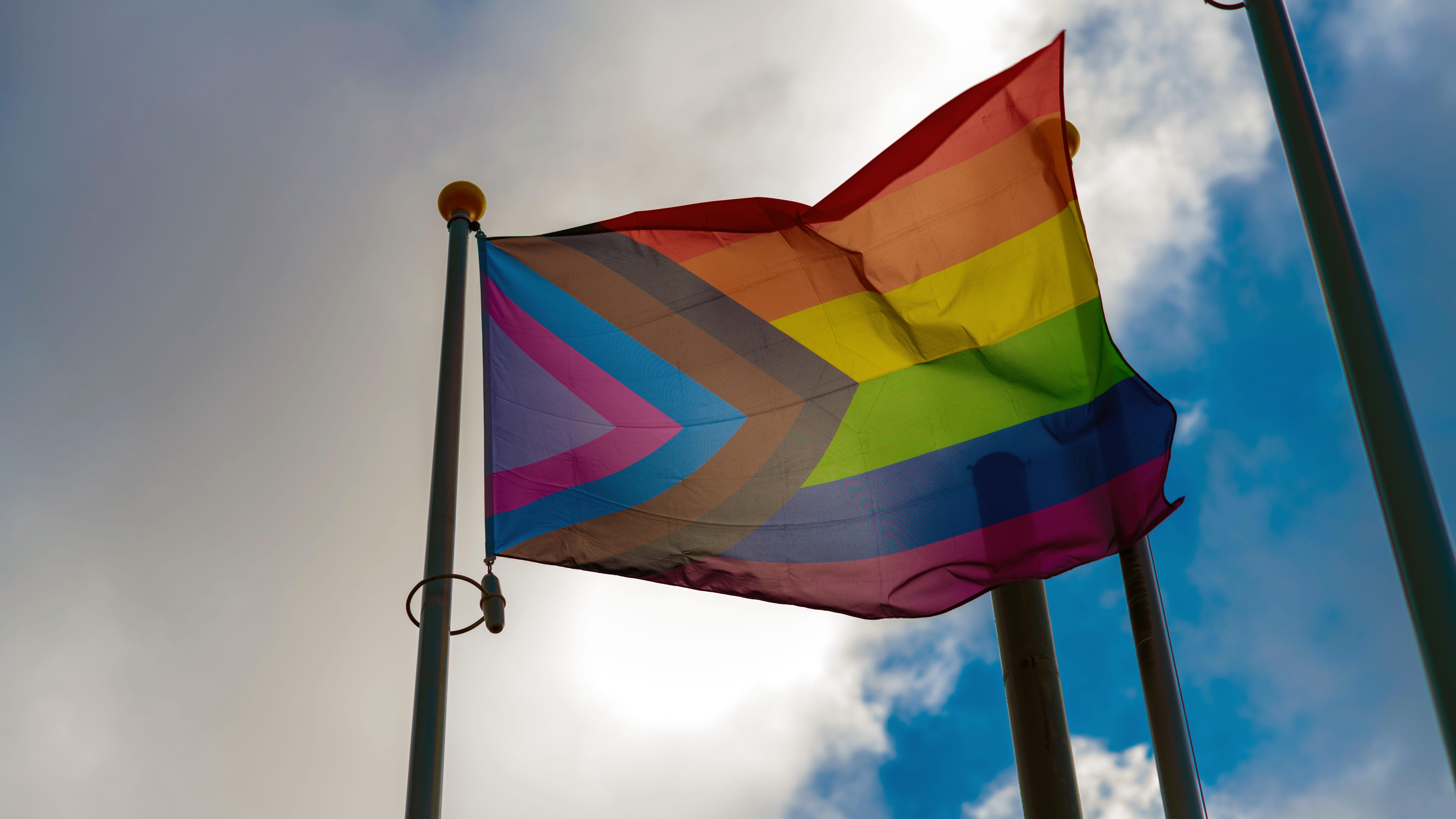South Africa and the Netherlands: together for equal rights - South Africa
South Africa and the Netherlands: together for equal rights
Around the world, lesbian, gay, bisexual, transgender, intersex and queer people and people with diverse gender identities and sexualities (LGBTIQ+ people) face discrimination and violence. This is wrong. Everyone should have the right to be themselves. It doesn't matter who you are or whom you love. That is why the Netherlands promotes equal rights for LGBTIQ+ people worldwide
South Africa recognises the basic rights of LGBTIQ+ people, which are properly safeguarded. Homosexuality has not been criminalised for a long time, and same-sex marriage has been legalised.
Unfortunately there is still a lot of violence against LGBTIQ+ people, especially in rural areas. Since violence against LGBTIQ+ people exists in the Netherlands as well (though currently on a smaller scale), we know that ensuring legal rights in practice is a struggle. That’s why we continue to work with NGOs, human rights activists and diplomats in South Africa to ensure the safety of LGBTIQ+ people and promote their acceptance among all groups, regardless of identity or background.
What we do
We support many projects and efforts that contribute to
this goal. Some of the projects are:
1. Centre for Human Rights - Promoting LGBTIQ+ Rights in Africa
The overall aim of this project is to advance the rights of LGBTIQ+ people in Africa through advocacy, strategic engagement, litigation, education and the strategic use of communication and information channels. The outcomes linked to the achievement of the overall aim include:
- Contributing to changes in the knowledge and attitudes of the South African general public, including the police, judiciary, Departments of Home Affairs and Health and social services.
- Empowering LGBTIQ+ individuals and groups to claim and exercise their constitutional right to equality through South African equality legislation, and empowering specific target groups such as trans and intersex people and gay, bisexual and queer men and boys.
- Networking with LGBTIQ+ organisations and activists and improving local community relations in Gauteng and South Africa generally.
- Helping to strengthen African regional LGBTIQ+ human rights law and the implementation of African regional LGBTIQ+ human rights standards.
- Raising awareness of issues affecting sexual and minority rights among members of the Pan-African Parliament, and among civil society organisations attending the CSO Forum preceding the Pan-African Parliament’s sessions.
2. Legal Resource Centre - Creating an Enabling Environment for Protection of LGBTQI+ Asylum Seekers in the African Region
This project focuses on advocating for the rights of the LGBTQI+ asylum seekers living in South Africa, with the aim of influencing governments to change and/ or adopt policies to make asylum procedures more LGBTQI+ friendly. Through this project the Centre will offer legal representation to LGBTQI+ asylum seekers and work with other public interest organisations to advocate for the rights of LGBTQI+ asylum seekers living in South Africa. The project also seeks to develop a network of public interest organisations in the African region, particularly from refugees’ countries of origin that continue to persecute the LGBTQI+ community, with the aim of sharing expertise and advocacy strategies.
3. IDAHOBIT 2025
This is an IDAHOBIT commemorative event co-hosted with the Fruit Basket, UN OHCHR, UNHCR and the embassy of Ireland, which will launch on 19 May 2025. The event will launch a photo exhibition titled ‘Putting a human (rights) face on LGBTIQ+ forcibly displaced persons in South Africa’. This will be followed by a panel discussion. The initiative aims to celebrate and amplify the voices of people who have been forcibly displaced as a result of the discrimination and violence they face because of their sexual orientation, gender identity or expression or sex characteristics. The exhibition will reflect on the complexity of the lives of LGBTQI+ forcibly displaced people and communities in South Africa, highlighting their accomplishments, challenges, communities and hopes. The event will bring together LGBTIQ+ migrants, human rights defenders, development partners, policymakers, academics and allies. It will be open to the public for free for a month.
To learn more about these projects or collaborate with the Dutch embassy on an LGBTIQ+ initiative in South Africa, connect with the embassy. Scope for new partnerships is unfortunately very limited, but we’re always pleased to be in touch.

